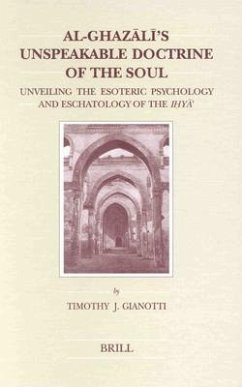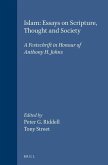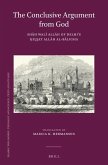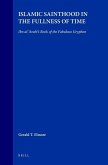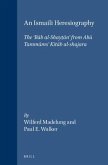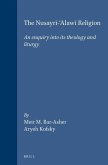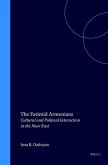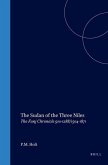This text marks a radical rethinking of the soul and the afterlife in the writings of al-Ghaz?l? (d. 505/1111), particularly within his magnum opus, "Reviving Religious Knowledge (Ihy?'ul?m al-d?n). Attending closely to variations of genre and discourse mode within his works, it attempts to resolve some of the major ambiguities that have vexed al-Ghaz?l?'s readers for nearly nine hundred years. Beginning with his theory of multi-level, multi-genre writing and working through his theological, philosophical, and mystical positions on the soul's true nature, the study culminates in an exploration of al-Ghaz?l?'s mystical "psycho-cosmology," where some startling conclusions are drawn regarding his most intimate thoughts on the "secrets" of the soul and the Hereafter. Meticulously researched and yet engagingly written, this study speaks to both the specialist and the amateur intellectual historian.
Hinweis: Dieser Artikel kann nur an eine deutsche Lieferadresse ausgeliefert werden.
Hinweis: Dieser Artikel kann nur an eine deutsche Lieferadresse ausgeliefert werden.

